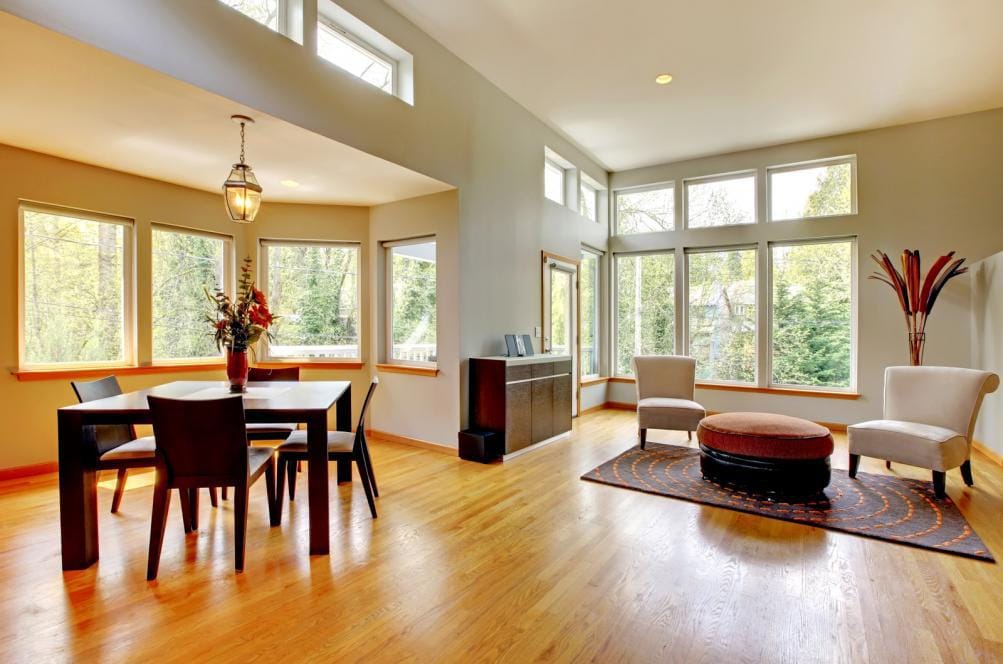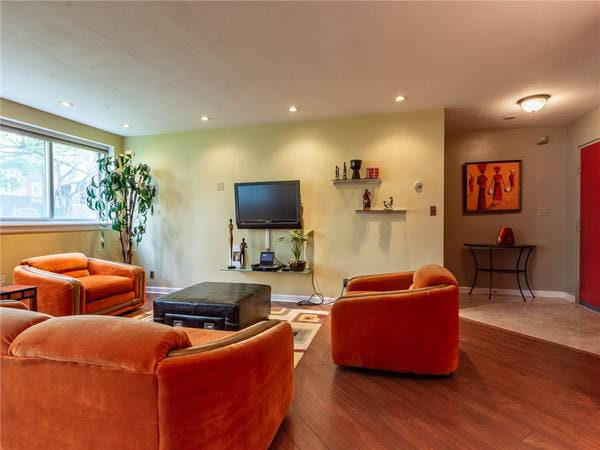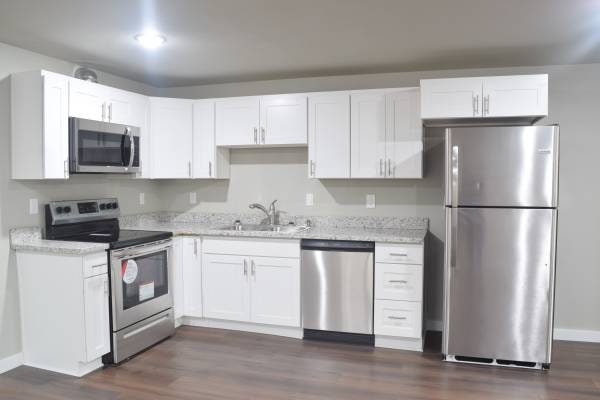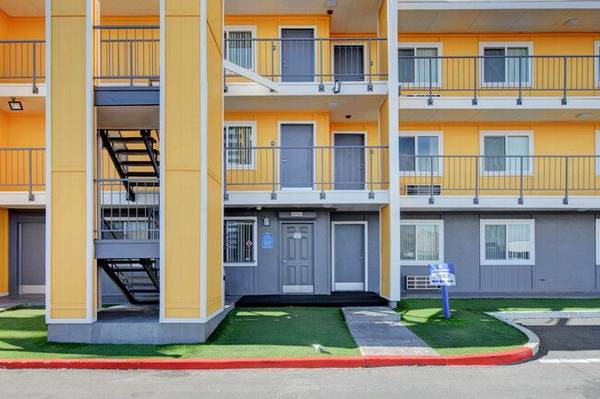Selling a house as-is is becoming more and more common in today's market, but there are some serious considerations you need to make before making such a decision. Are you sure you know what all of the pros and cons associated with selling your home in its current state? In this blog post we will explore how much do you lose selling a house as is. So if you're considering this option, be sure to read on to get all the details before taking action!
What Does It Mean to Sell Your House As Is?
When you sell your house "as is", it implies that the buyer will acquire the property in its current condition, without any repairs or compensations towards repairs. A real estate agent can assist you in drafting the appropriate "as is" language in the listing's description. Depending on the state you are in, you may be required to disclose any known problems that might decrease the value or appeal of the property.
Furthermore, the buyer may be obligated by state law to sign a waiver acknowledging that they understand that they are buying the property as is, and that you, the seller, are not accountable for any undisclosed problems.
How Much Do You Lose Selling a House As Is?
When selling a house in its current condition, known as "as is," you may receive a lower offer as potential buyers factor in the cost of necessary repairs. According to U.S. News and World Report, selling "as is" could result in losing around 20% of your home's value, but this amount may vary. However, you may attract buyers such as DIYers or flippers who are not afraid of doing repairs and are looking for a good deal.
If you have personal reasons, like relocating for work, or if your house needs expensive repairs that you cannot afford or lack time for, selling "as is" may be a viable option to move quickly. Nevertheless, if time is not a constraint and you can manage to make the required repairs, listing your home traditionally may fetch you a higher price.
To determine the potential sale price for your home in its current condition, a realtor can help evaluate necessary repairs and updates to reduce losses. Clever Real Estate can connect you with top-rated agents who can advise you on your local market trends and whether it is worth selling "as is."
Clever's partner agents can also help save money on listing fees. On average, sellers who find an agent through Clever sell 16% faster and pay just 1.5% in listing fees, saving an average of $7,000. Ultimately, the amount you lose when selling "as is" depends on your home's condition, the local market, and your specific situation.
What Impacts The Loss When Selling "as is"?
The amount of money you may lose when selling a property "as is" can be affected by various factors. One key factor is the type of buyer you attract. An investor seeking a fixer-upper may offer more money for an as-is property than a traditional homebuyer who prefers a move-in-ready home. Additionally, the condition of your home plays a critical role in determining its selling price. Homes in better condition generally fetch higher prices than those that need major repairs, even when listed "as is."
Other factors that can influence the sale of an as-is property include any updates or improvements you've made to the home, as certain upgrades such as an updated kitchen or bathroom can increase the property's overall value. The location of your property also matters, as homes in desirable neighborhoods with access to quality schools, shopping centers, and hospitals tend to sell for more money than those in less desirable areas, even if they require repairs.
Furthermore, market conditions in your area can have a significant impact on how much you may lose when selling your home as is. During a hot housing market, for example, you might be able to sell your home for a higher price than you would in a slow market. Lastly, working with a skilled real estate agent can help you obtain the best possible price for your as-is property by leveraging their experience and market knowledge.
Tips for Selling Your House As-Is
Be Transparent About the As-Is Condition
- Clearly state the condition of the property in listings and ads
- Repeat the information during negotiations
- Include it in writing in the purchase and sale agreement
Disclose Known Defects
- Obligation to disclose any known defects to potential buyers
- Be upfront about issues such as mold, foundation cracks, or other problems
- Laws in many states require sellers to disclose known defects
- Some states require specific disclosure forms to be completed
Consider a Pre-Listing Inspection
- Pre-listing inspection can identify any serious defects that could affect the sale price or liability
- Helps to set a fair price tag on the home
Maintain a Clean and Tidy Home
- Keep the yard mowed and surfaces clean
- Make the beds, put away dishes, and store clutter
- Consider making some cosmetic fixes to improve curb appeal
- Be ready for viewings at all times
Know Your Bottom Price and Be Ready to Negotiate
- Determine your lowest acceptable price before listing
- Be prepared to make a quick counteroffer
- Consider working with a real estate agent to negotiate and receive advice on offers
- Some buyers may request a home inspection and try to re-negotiate based on the findings
Be Open to Compromises
- If the repair costs are not too high, consider making the repairs to move the sale forward
- Alternatively, adjust your asking price accordingly to accommodate for any necessary repairs
- Be willing to make compromises to close the deal and move on from the property.
Should I Sell My House As Is or Fix It Up?
Deciding whether to sell your house as is or invest in renovations is a big decision that can impact your financial situation and timeline for selling. While selling your house as is may save you time and money in the short term, making necessary repairs and improvements can help you earn more money in the long run.
If you have limited time or resources and are willing to sacrifice a percentage of your listing price, selling your house as is might be a better fit for you. However, if you have the time and resources, there are certain repairs that are worth making to increase the value of your home.
Addressing Health and Safety Hazards and Code Violations
First and foremost, addressing any health and safety hazards in your home should be a top priority. This includes repairing broken stairs, fixing a leaky roof, or dealing with mold or asbestos. Not only does this ensure the safety of potential buyers, but it also prevents any legal issues that could arise from selling a home with known hazards.
In addition, taking care of any code violations, such as getting a permit for a deck or fixing violations cited in a previous inspection, can increase the value of your home and make it more attractive to buyers.
Repairing Structural Problems
Repairing any structural problems, such as a cracked foundation or termite damage, can be expensive but is crucial in maintaining the integrity of the home. Buyers are often hesitant to purchase a home with significant structural issues, so addressing these problems can help ease any concerns and increase the value of the home.
Improving Curb Appeal
Improving curb appeal can make a big difference in the value of your home. Simple fixes like power washing the siding, planting flowers, and mowing the lawn can make the home more visually appealing and attract more buyers.
Additional Improvements
If you have the resources and time to invest in additional improvements, renovating the kitchen and bathrooms, making cosmetic repairs, and replacing major appliances can increase the value of your home. These improvements can make the home more modern and attractive to potential buyers. However, it's important to weigh the potential financial gain of making these improvements against the time and money investment required.
Conclusion
Selling your home as is can save you time and money in the short term, but it may result in a significantly lower sale price than if you were to make necessary repairs. If you have the resources and time available, making certain repairs or improvements can increase the value of your home and help you earn more money in the long run.





